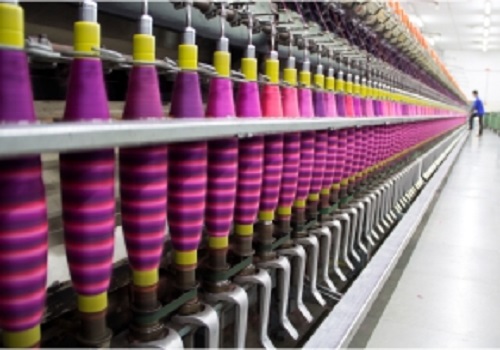Ethical Labor and Working Conditions
One of the fundamental pillars of CSR in the textile industry is ensuring fair and safe working conditions for employees. SMEs can implement measures such as compliance with labor standards, reasonable working hours, and the eradication of child and forced labor. This not only enhances the company's image but also increases employee satisfaction and productivity.
Environmental Sustainability
Environmental sustainability is essential in the textile industry. SMEs can adopt sustainable practices, such as efficient waste management, reduced water and energy consumption, and the use of eco-friendly materials. Additionally, embracing clean production processes not only reduces environmental impact but also often leads to significant long-term cost savings.
Ethical and Local Trade
Promoting ethical and local trade is another way in which textile SMEs can contribute to CSR. Working with local suppliers and supporting local communities can strengthen the regional economy and promote a more transparent and ethical supply chain. This can also be a selling point for consumers who value the origin and ethics behind the products.
Community Investment
SMEs can demonstrate their commitment to CSR through community investment. This may include programs to support local education, donations to charitable organizations, or creating employment opportunities for disadvantaged groups. These initiatives not only benefit society but also create a positive image for the company.
Transparency and Communication
Transparency is key in CSR. SMEs should effectively communicate their CSR initiatives to customers and stakeholders. This can be done through sustainability reports, eco-labeling on products, and an active presence on social media. Transparent communication builds trust and can attract an audience dedicated to CSR.
In summary, textile SMEs have the opportunity to make a significant difference through Corporate Social Responsibility. By embracing ethical, sustainable, and community-centered practices, these companies not only enhance their reputation but also contribute to a more sustainable and just world. CSR is not just an ethical choice but also a smart strategy for long-term success in an increasingly socially responsible market.



Follow Us